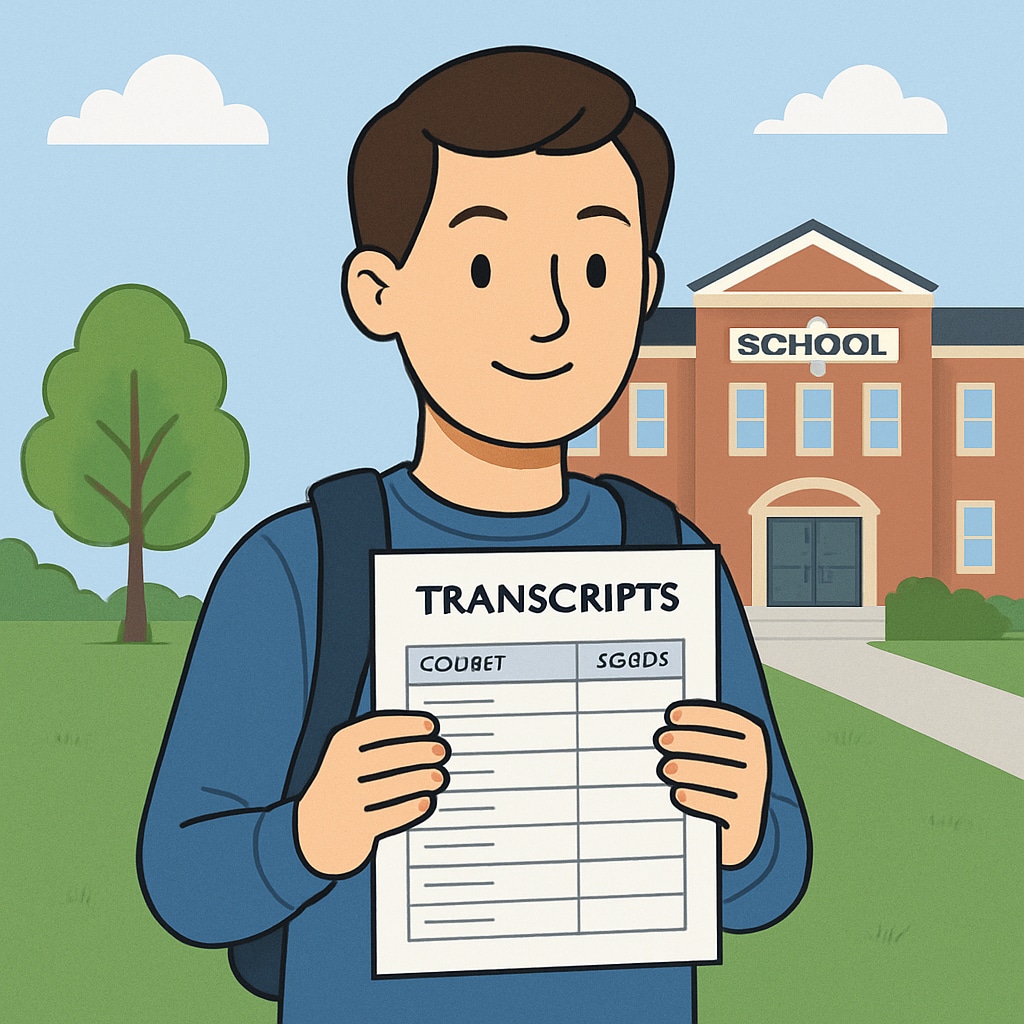For many families navigating the K12 educational system, unpaid balances can create unexpected roadblocks, especially when students need access to their academic transcripts for professional exams, college applications, or other purposes. This article explores the rights of students and parents to retrieve transcripts despite unpaid fees, offers practical strategies for resolving these situations, and highlights relevant legal frameworks that protect educational access in such circumstances.
Understanding the Legal Framework Surrounding Academic Transcripts
The ability to access academic transcripts, even with unpaid balances, is often tied to specific state and district policies. In the United States, for example, education laws vary significantly by jurisdiction. Some states enforce strict regulations prohibiting schools from withholding transcripts due to unpaid fees, ensuring students can pursue further education or employment without unnecessary impediments. For instance, California education law explicitly protects students’ access to transcripts in such situations, emphasizing the importance of educational equity.
However, other states may permit schools to delay transcript release until financial obligations are settled, leaving families in challenging positions. Therefore, understanding local policies is crucial in determining your rights and options. Parents and students should consult their school district’s official website or contact administrative offices for clarity.

Practical Steps for Accessing Transcripts with Pending Fees
When facing difficulties obtaining academic transcripts due to unpaid balances, consider the following strategies:
- Communicate with School Administration: Reach out to the school or district office to explain your situation. In some cases, schools may offer payment plans or temporary release of transcripts for urgent needs, such as college applications.
- Leverage Legal Protections: If your state prohibits withholding transcripts for unpaid fees, cite the relevant laws and request compliance from the school.
- Seek Financial Assistance: Explore local resources, such as community organizations, scholarships, or emergency funds, that may help cover outstanding balances.
- Request Partial Records: Some schools may agree to provide partial academic records, which could be sufficient for immediate needs.
By employing these strategies, families can often navigate these challenges effectively while working towards resolving financial obligations.

Why Transparent Policies Matter for Educational Equity
Withholding academic transcripts due to unpaid fees disproportionately affects low-income families, creating barriers to higher education and professional opportunities. Transparent policies that balance financial accountability with students’ educational rights are critical for fostering equity within the K12 system. Schools and districts should prioritize clear communication regarding transcript policies and provide alternative solutions for families in financial distress.
For example, districts that implement payment plans or fee waivers for economically disadvantaged families can significantly reduce the impact of unpaid balances while maintaining operational sustainability. Initiatives promoting transparency and fairness benefit not only individual students but also the broader educational community.
Conclusion: Balancing Financial Responsibility and Educational Access
While unpaid balances can complicate access to academic transcripts, understanding your rights and exploring practical solutions can help families overcome these challenges. Researching local policies, seeking assistance, and engaging in open communication with schools are essential steps in ensuring that financial difficulties do not hinder educational opportunities. Ultimately, a balanced approach between financial responsibility and equitable access is key to supporting students in achieving their academic and professional goals.
For more insights into related topics, refer to trusted resources such as the Education Policy Overview on Wikipedia and Education Systems on Britannica.
Readability guidance: Use short paragraphs, lists, and active voice for clarity. Ensure transitions between sections flow smoothly, and avoid excessive repetition of keywords.


